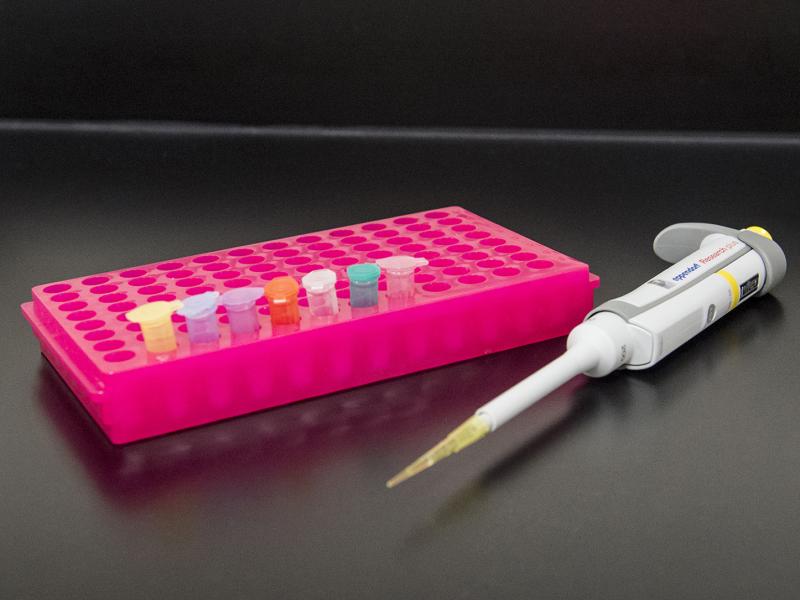Biomedical Equipment Technology I Proficiency Certificate
Looking for a program that will give you the training necessary to enter the workforce of an in-demand field? Biomedical Equipment Technicians (BMETs) are professionals that work in health care settings to test, maintain and repair medical equipment.
-
Program Duration: Short-term
-
Degree Type: Proficiency Certificate
-
Total Credit Hours: 24

About This Certificate
Biomedical Equipment Technicians (BMETs) are professionals that work in health care settings to test, maintain and repair medical equipment, such as ECG and blood pressure monitors, defibrillators, ventilators, infusion pumps, among others. BMETs typically work for hospitals, medical device manufacturers, or third party companies that provide service to hospitals. To be successful in this field, BMETs need to have an understanding of the operation and functions of a range of medical devices and their clinical applications and the ability to test medical device operation to a set of specifications.
Students who complete the proficiency certificate for Biomedical Equipment Technology I will be able to function as entry level BMETs. Students may continue their education by earning an additional Biomedical Technology Proficiency Certificate, which will increase qualifications and enhance the potential for advancement. All credits earned towards the BMET Proficiency Certificates can be applied to earning an Associate of Applied Science degree in Biomedical Equipment Technology.
Course Sequence

Launch Your Biomedical Equipment Technology career with our Proficiency Certificate
- Medical Equipment Repairer – est. salary $68,705*
Career Outlook
Median Salary of a Medical Equipment Repairer
Number of Jobs in the Region
10-year Job Outlook in the Region
Medical Equipment Repair
Test, adjust, or repair biomedical or electromedical equipment.
tarting Pay: $44,987

Typical Tasks
- Inspect and test malfunctioning medical or related equipment, following manufacturers' specifications and using test and analysis instruments.
- Test or calibrate components or equipment, following manufacturers' manuals and troubleshooting techniques, using hand tools, power tools, or measuring devices.
- Keep records of maintenance, repair, and required updates of equipment.
- Perform preventive maintenance or service, such as cleaning, lubricating, or adjusting equipment.
- Test, evaluate, and classify excess or in-use medical equipment and determine serviceability, condition, and disposition, in accordance with regulations.
An In-Demand Workforce
Let's Get Started
